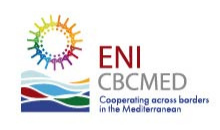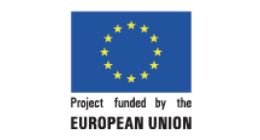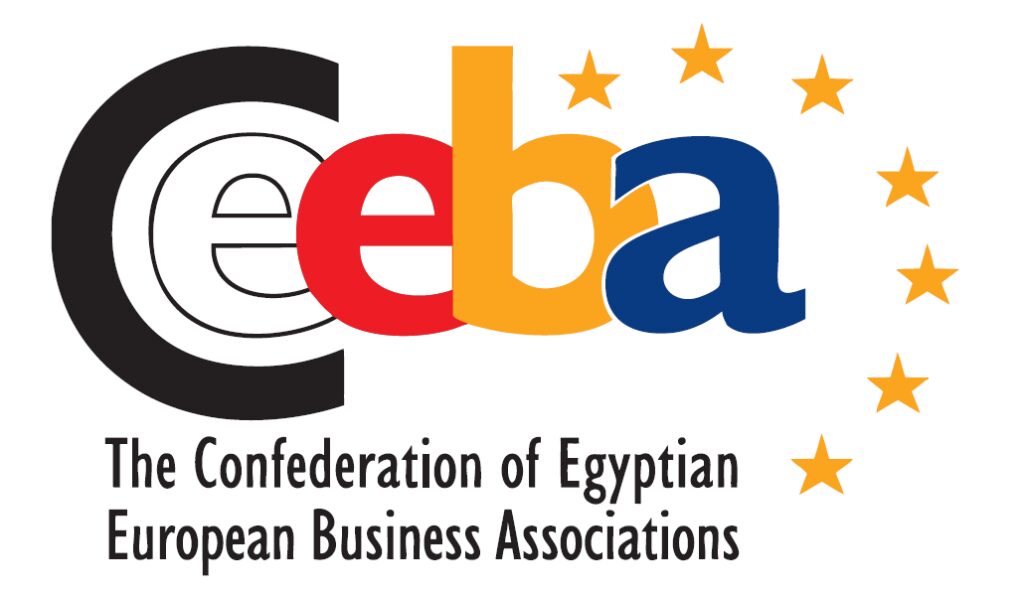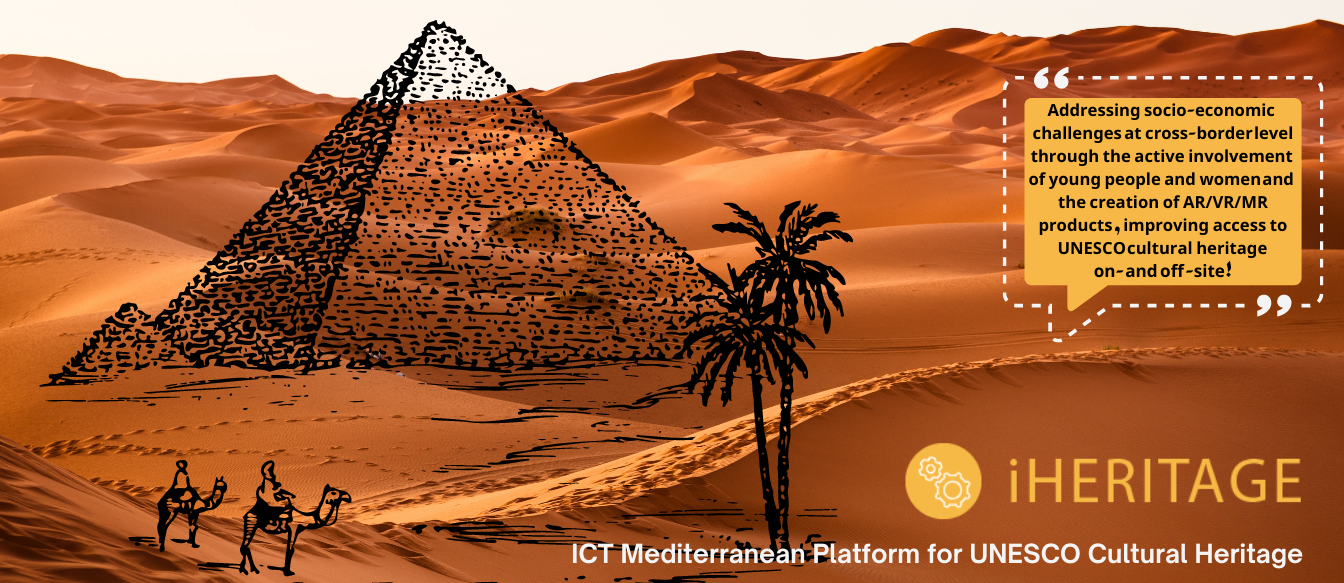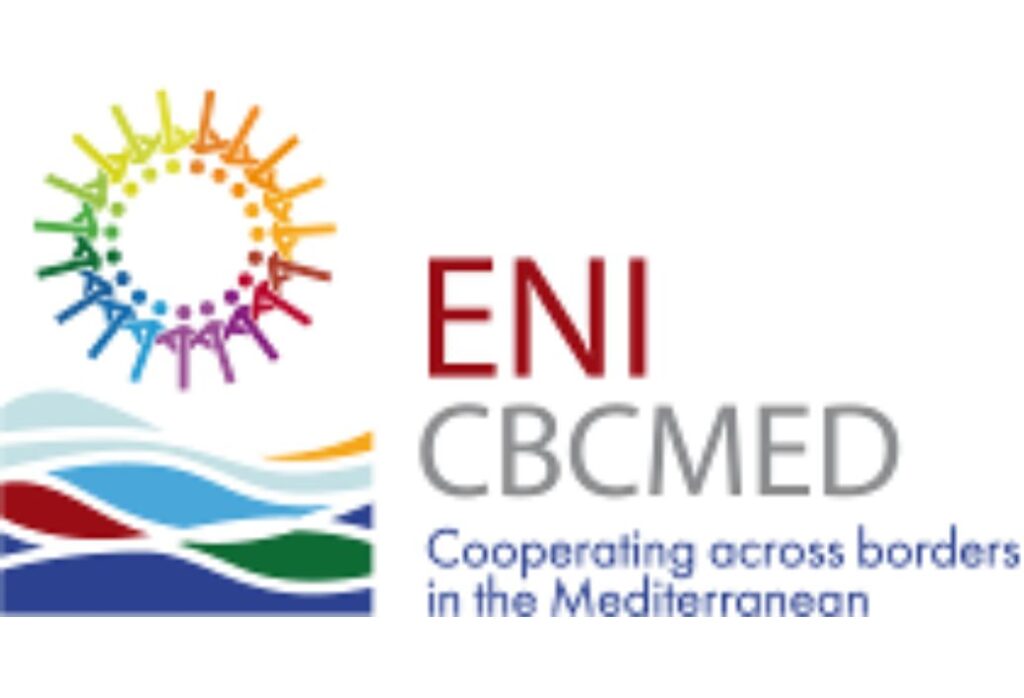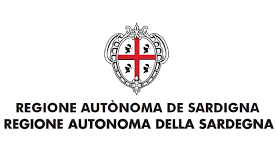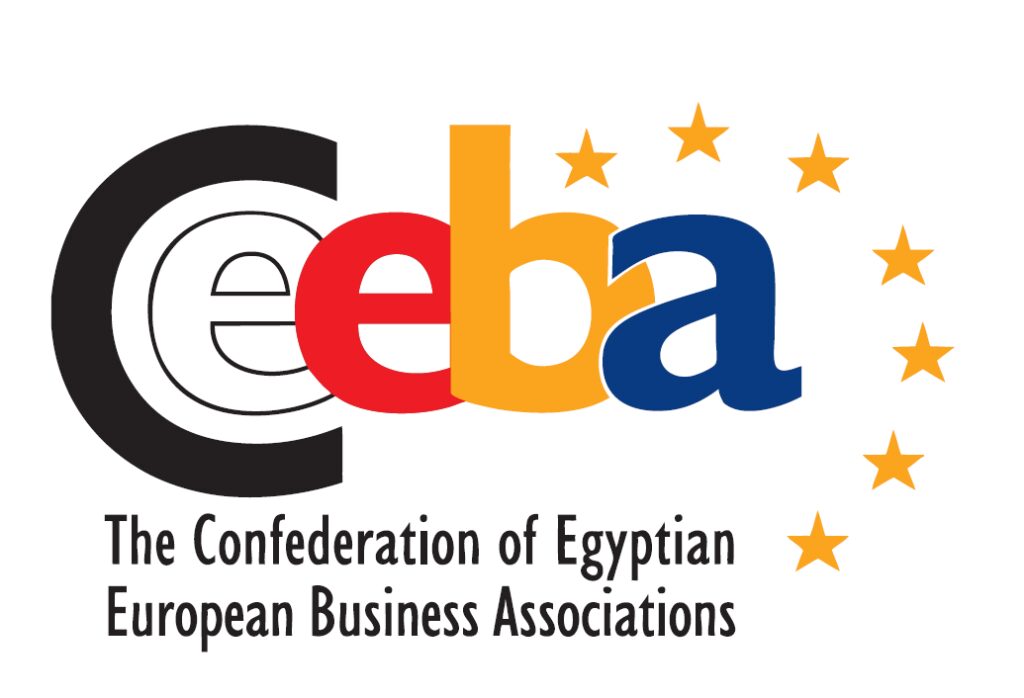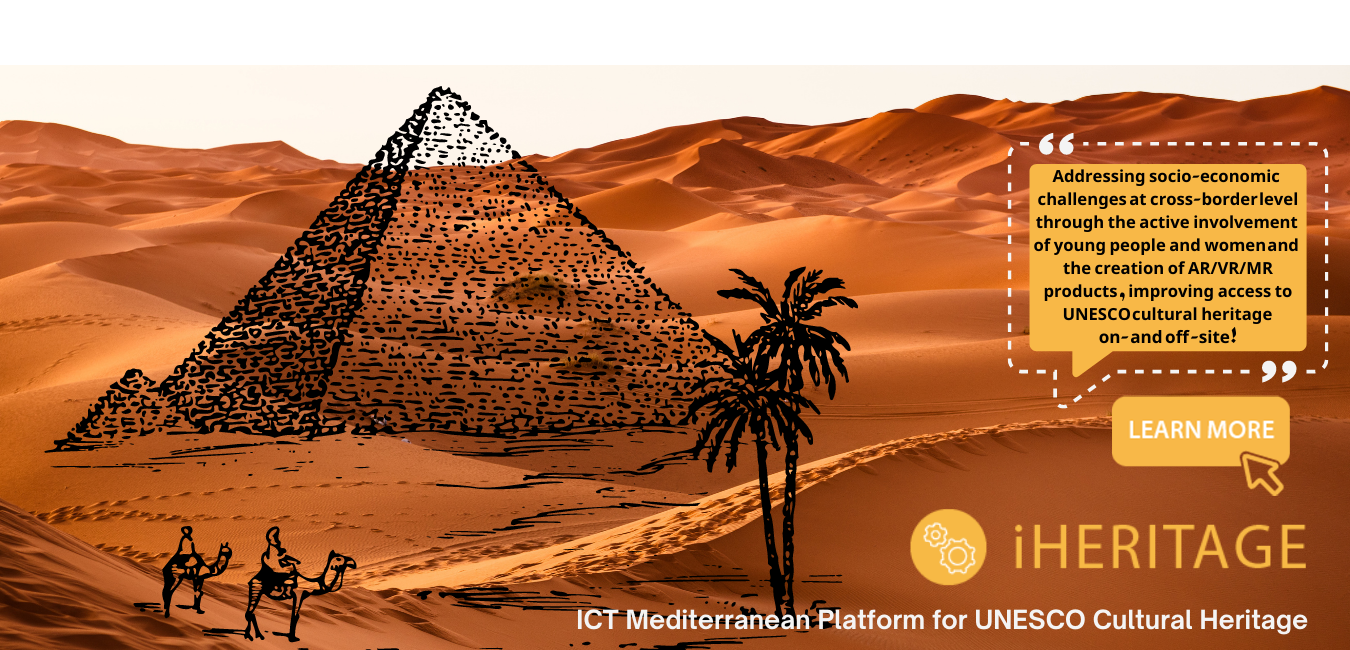Introducing the EU-funded, iHERITAGE project, addressing socio-economic challenges at cross-border level through the active involvement of young people & women and the creation of AR/VR/MR products, improving access to UNESCO cultural heritage on- and off –site!
The iHERITAGE project activities will take place in the most remarkable Egyptian UNESCO World Heritage Site: The Pyramids Field from Giza to Dahshur.
The national strategy on culture in Egypt is one of the most developed in the Mediterranean region, treating cultural heritage in a holistic approach and marking a unique experience in the application of the latest ICT innovations on heritage issues in the framework of Egypt’s 2030 sustainable development strategy. This helps maximize ICT contributions to the economic growth of the country and fosters the implementation of existing and future innovation plans such as those of iHERITAGE.
The Confederation of Egyptian European Business Associations (CEEBA) is one of 10 organizations from 6 Mediterranean counties sharing interest in the iHERITAGE project. CEEBA is the project’s official communication coordinator and will join other partners in:
- the activation of Living Labs, which are intended as user-centered, open innovation ecosystems integrating research and innovation processes in real life communities and settings
- fostering 3 Research Agreements on the Analysis of intangible cultural heritage in Egypt
- managing of sub-grant offering a total of €50.000 to support the creation of spin-offs
- the design of a training program to inform and enthuse aspiring researchers, providing them with improved capabilities of commercial and marketing exploitation of research results
- publishing and managing calls for action for the creation of 6 innovative products/services in Egypt, which will be proposed by SME’s, researchers, NEETs and young creatives
- offering commercial support services of the 6 new products and services through the organization and/or participation in international fairs, conferences, workshops, meeting, etc.
- supporting the establishment of 7 spin-offs and new-co
- the generation of 5 co-patents related to the newly developed research agreements and innovative products/services
iHERITAGE will foster the introduction of the following products to the UNESCO World Heritage Site: The Pyramids Field from Giza to Dahshur, in Egypt, offering an extraordinary experience for travelers and explorers from around the world.
- AR/VR solutions introducing intangible heritage related to food products at the basis of the Mediterranean Diet.
- AR/VR audio-video guided tours, accessible cross media, on PC, smartphone, tablet and AR glasses with an average of 20 Points of Interest (POI) accessible pre, during and post visit.
- 3D RE-CONTEXT solution, which will allow visualizing the archaeological finds in the original context they originally were, scenes of life and contexts of use of the past, etc.
- VR CARDBOARD EXCURSIONS will allow the view of VR content with the help of users’ own smartphones
- The SPACE-TIME ELEVATOR installation, which will be experimented inside the Pyramids of Giza Museum, allowing the user to enter a virtual lift that moves through space and time.
- HOLOGRAPHIC EXHIBITIONS involving holographic projections of the VR contents created for other products/services
- VIRTUAL ARCHAEOLOGICAL RECONSTRUCTION, which will involve laser scanning and photogrammetry, scenes of life, comparative analyses etc.
- VR ROOM & VR BOOTHS, offering visitors an immersive virtual experience through oculus, where the cultural sites will be virtually reconstructed, giving evidence of their original aspect and functions.
The recent research agreements signed by CEEBA within the framework of the iHERITAGE project mark significant milestones in advancing collaborative efforts within the realm of Augmented Reality (AR), Virtual Reality (VR), and Mixed Reality (MR) development, alongside a specific focus on safeguarding and valorizing Intangible Cultural Heritage (ICH) elements in Alexandria. These partnerships underscore CEEBA’s dedication to leveraging innovative Information and Communication Technology (ICT) approaches for cultural preservation and development.
The collaboration with Galala University aims to analyze the outcomes of the iHERITAGE project’s ICT solutions in revitalizing heritage sites through 3D modeling. This research is crucial for understanding how digital technologies like AR, VR, and MR can be utilized to breathe new life into historical and cultural sites, ensuring their preservation and accessibility for future generations.
On the other hand, the agreement with the Raquda Foundation for Art and Heritage focuses on the urgent inventory and documentation of ICH elements in Alexandria. This initiative highlights CEEBA’s commitment to preserving Alexandria’s rich cultural heritage by employing advanced ICT methodologies for documentation and conservation efforts.
Overall, these collaborations signify a concerted effort to bridge the gap between traditional heritage preservation practices and modern technological advancements. By integrating ICT solutions into cultural heritage conservation efforts, CEEBA and its partners are paving the way for more inclusive and immersive experiences that celebrate and safeguard the cultural legacy of Alexandria.
Confederation of Egyptian European Business Associations
E-mail: info@ceeba.org
Dr. Alaa Ezz
Phone: 00 2(0) 122 0227777
Email: ezzalaa@gmail.com
Ms. Marion Kussmann
Phone: 00 2(0) 100 1014024
Email: marionkussmann@gmail.com


